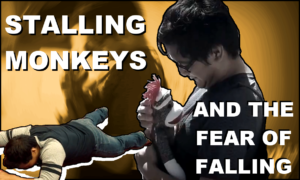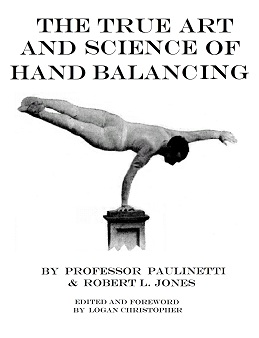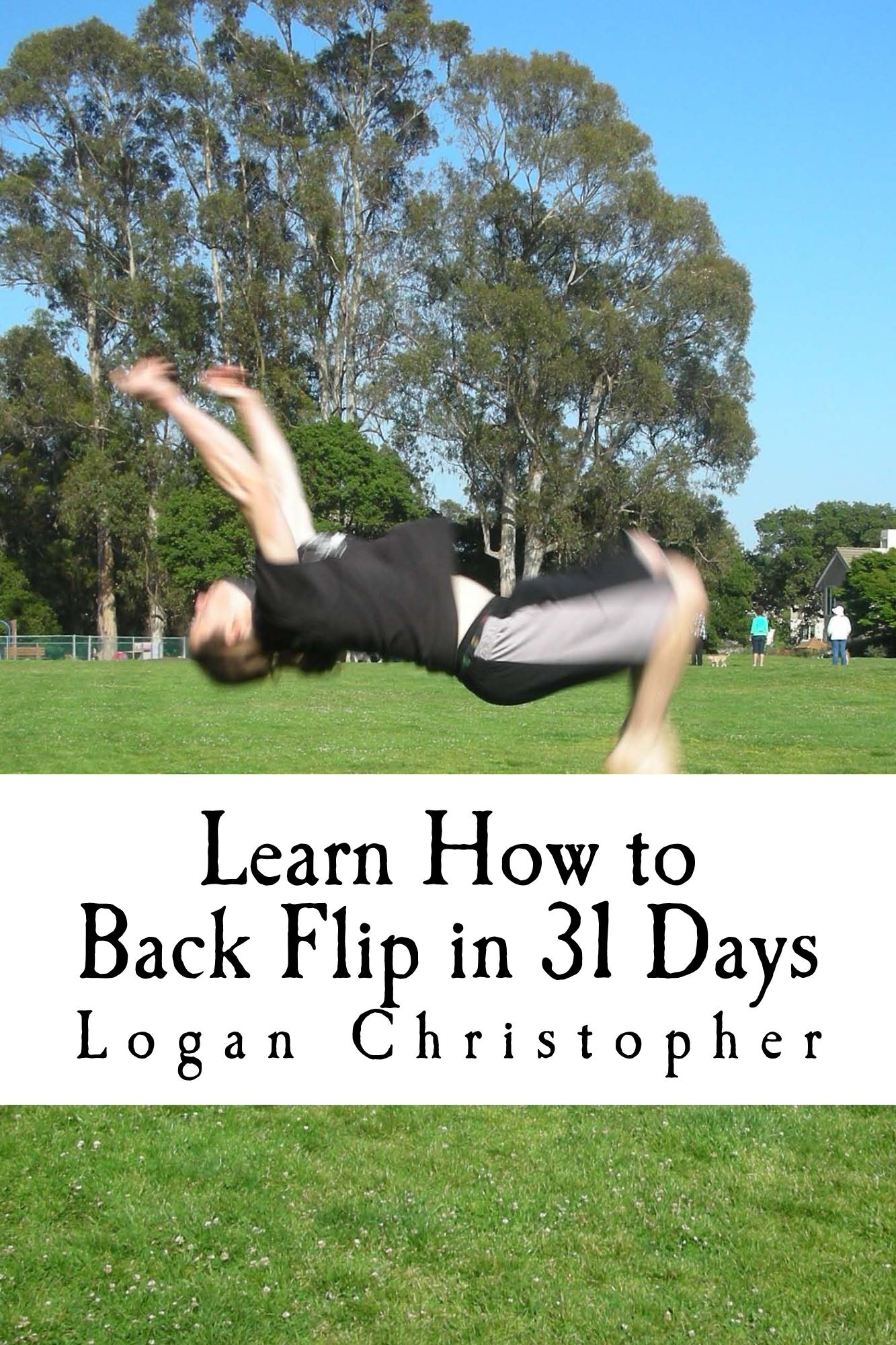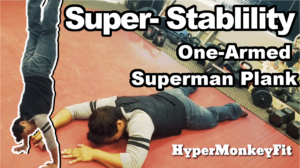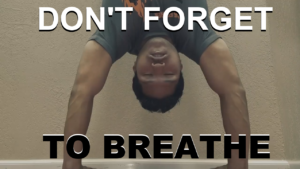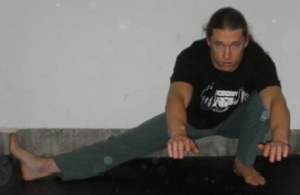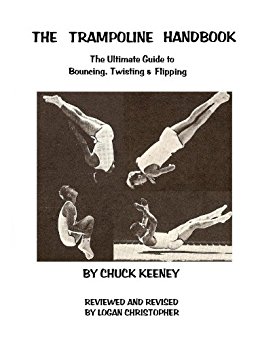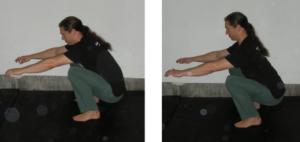First off you’re probably wondering what a monkey is. Well its a foundational movement pattern from the folks at GMB or Gold Medal Bodies.
If you’ve been following LAOHB, you know two things.
- I like to joke around.
- I’m a big fan of their style of training.
So lets get back to the subject at handy. The monkey and your first freestanding handstand.
Usually when a person attempts their first handstand they place their hands on the ground and drive their legs up with the hope that they stay inverted. This can be scary for most people and can be a bit difficult to control when you are starting out. The reason being that you’re utilizing your strong posterior muscle groups to drive and then change to stabilize with hopes that you don’t fall on your back or on your face.
By a mix of training clients, personal training, and utilizing the GMB Method; I think I might have found an easier way to get up into the handstand without so much fear.
This is where the monkey comes in.
While the monkey is a locomotive pattern, its focus is on lateral movement. So while you are moving laterally, you can use your stronger muscle groups to focus on stabilizing. Its a simple answer to a scary question.
To illustrate I have another funny video below. I hope you like it and gain something new to play with!
To learn more about the monkey and the GMB Method, check out the GMB Elements Program
Stay Inverted!
-Jonathan Magno

